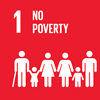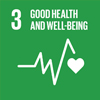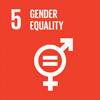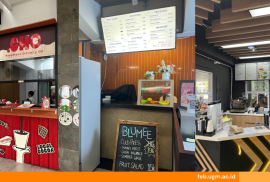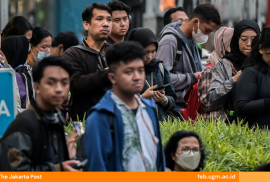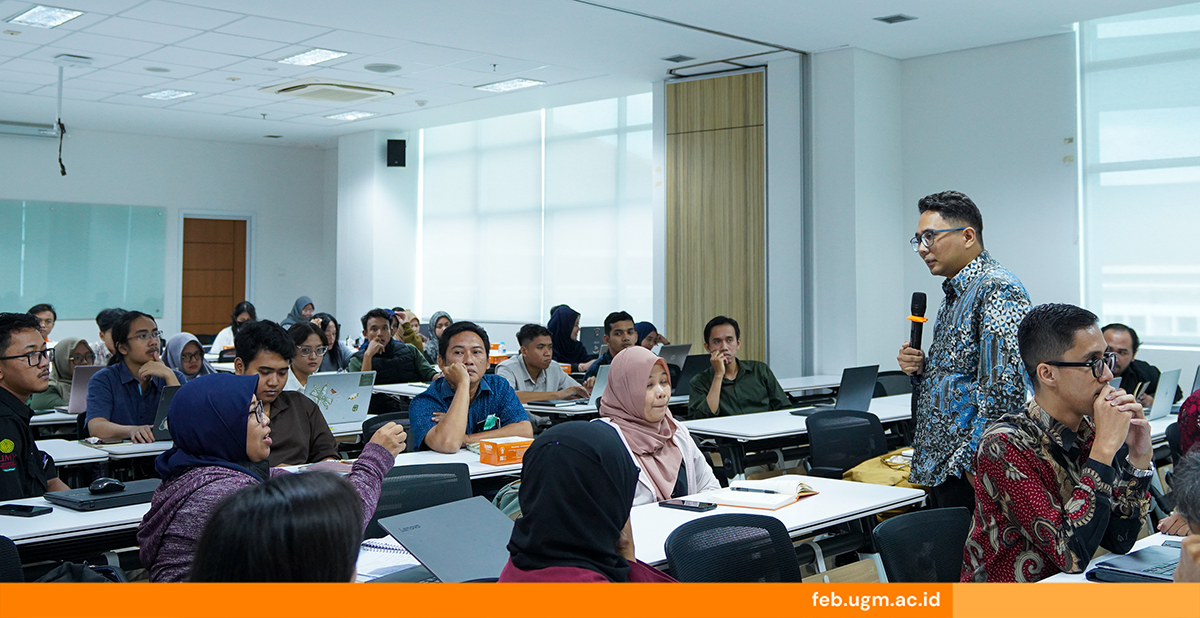
Poverty and economic inequality remain major challenges in Indonesia’s development. To provide research-based solutions that can make a real impact in addressing poverty and inequality, the Faculty of Economics and Business, Universitas Gadjah Mada (FEB UGM), through its Department of Economics, established the EQUITAS (Equitable Transformation for Alleviating Poverty and Inequality) Research Division in 2022.
The coordinator of the EQUITAS Research Division, Wisnu Setiadi Nugroho, S.E., M.Sc., M.A., Ph.D., said that since its establishment in 2022, the division has developed various programs aimed at producing research, studies, bulletins, and opinion columns that serve as references for policymakers and provide information to the general public on poverty and social inequality.
“The EQUITAS Research Division aims to address various aspects of poverty and economic inequality through research, publications, and collaborations. Our programs focus on developing expertise by enhancing the capacity and competencies of FEB UGM undergraduate, master’s, and doctoral students in conducting research and community engagement to generate impactful studies for government policies,” he explained.
With a mission to produce quality research, EQUITAS has launched several flagship programs, including research publications, knowledge dissemination on various platforms, training, and collaborations. Wisnu highlighted that the publications program includes several initiatives, such as book review podcasts on poverty and development uploaded to YouTube, article publications on the EQUITAS FEB UGM website and online news outlets, and infographic publications on trending topics.
The research department has collaborated with various institutions, including Lazismu and the Regional Government of the Special Region of Yogyakarta. In 2024, EQUITAS received a grant from Lazismu to evaluate the impact of the Sang Surya Scholarship Fund, which supports underprivileged students. In addition, collaboration with the National Team for the Acceleration of Poverty Reduction (TNP2K) and the International Food Policy Research Institute (IFPRI) has focused on discussing poverty line measurement methods that incorporate nutritional aspects. EQUITAS has also worked with the Yogyakarta Special Region Government on training programs to evaluate the impact of special autonomy programs and has contributed to discussions, feedback, and recommendations on the free nutritious meal program.
In terms of training, the research department has conducted several workshops with high participation rates and a positive social impact. Wisnu mentioned that EQUITAS is currently developing the “Welfare School” program to improve public understanding of poverty and income distribution. In the future, this training will be integrated into academic curricula, involving the general public and non-governmental organizations (NGOs) through a flexible online learning model.
“This program will focus on evaluating government policies related to poverty issues, measuring income distribution, and reviewing economic developments, as well as the impact of policies on prices,” Wisnu explained.
Another groundbreaking initiative being developed by EQUITAS is a periodic outlook publication, to be published every six months or annually. This publication aims to analyze poverty trends based on the latest data from the Indonesian Statistics Agency (BPS) and provide deeper insights for policymakers.
Looking ahead, Wisnu hopes the research department will continue to grow and attract more academics to contribute.
“Poverty is an issue that will always be relevant and evolving. If poverty were to disappear, it would mean that the world had achieved perfect prosperity, which is impossible in reality. I hope that more faculty and researchers will join and maintain the continuity of this research area,” he expressed.
With its well-developed vision and programs, EQUITAS remains committed to innovation in high-impact publications and collaborations. In addition, EQUITAS aims to be a leading research center focused on poverty and inequality.
“We hope that EQUITAS will not only contribute to academic development but also have a tangible social impact and serve as a reference for policymakers in the fight against poverty and economic inequality,” he concluded.
Report by : Shofi Hawa Anjani
Editor: Kurnia Ekaptiningrum
Sustainable Development Goals

